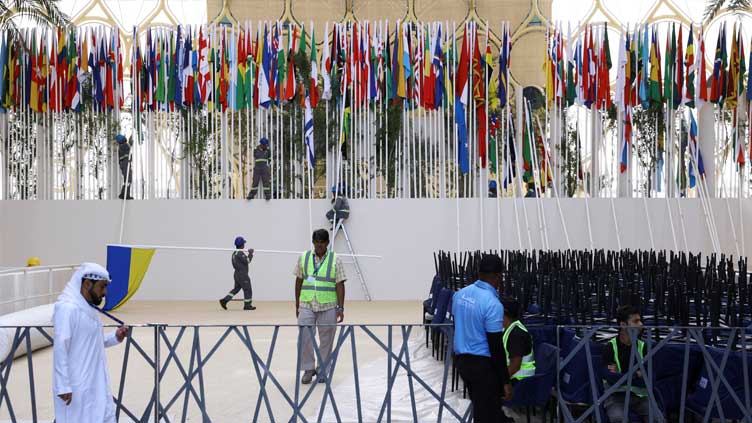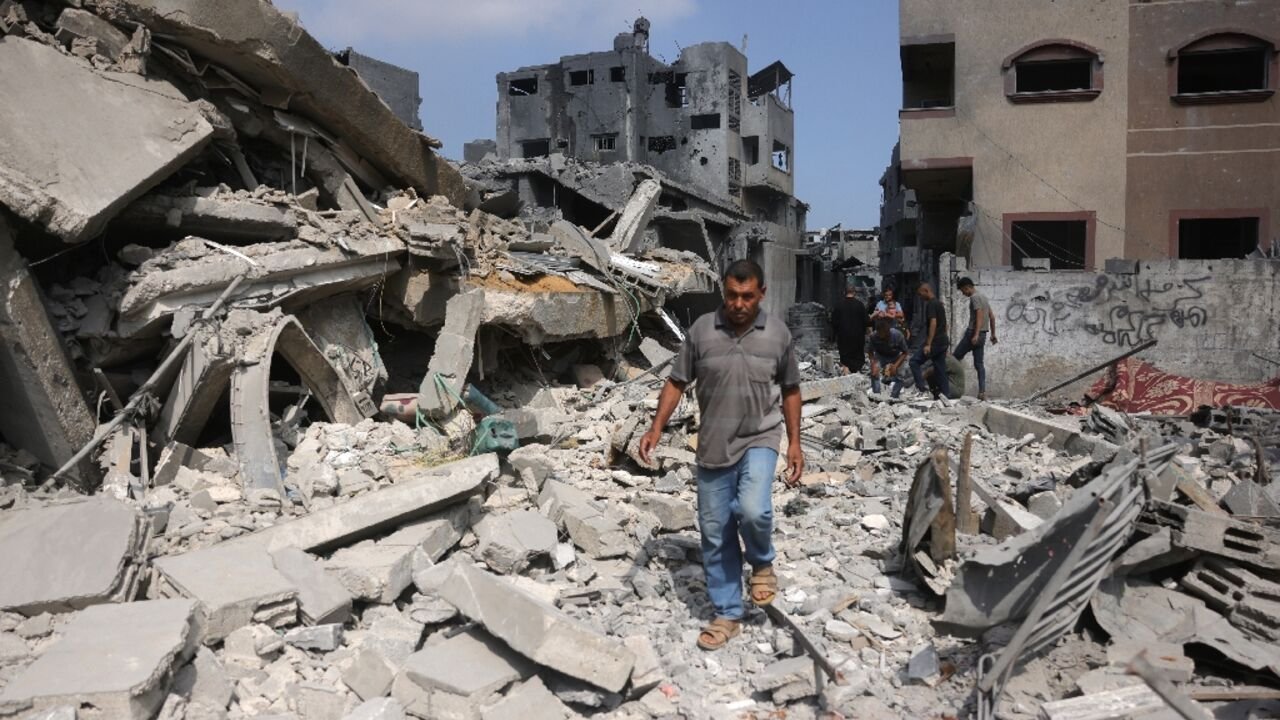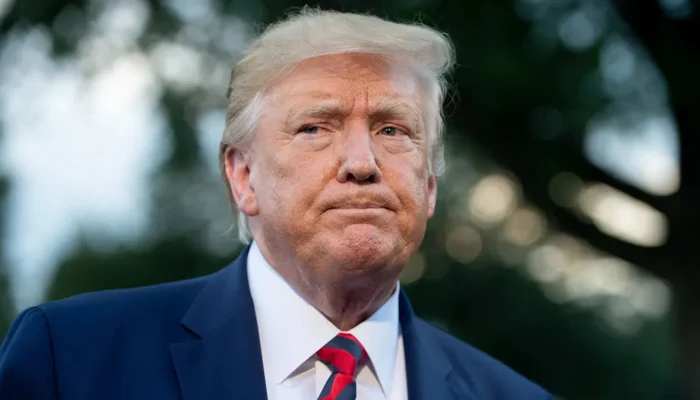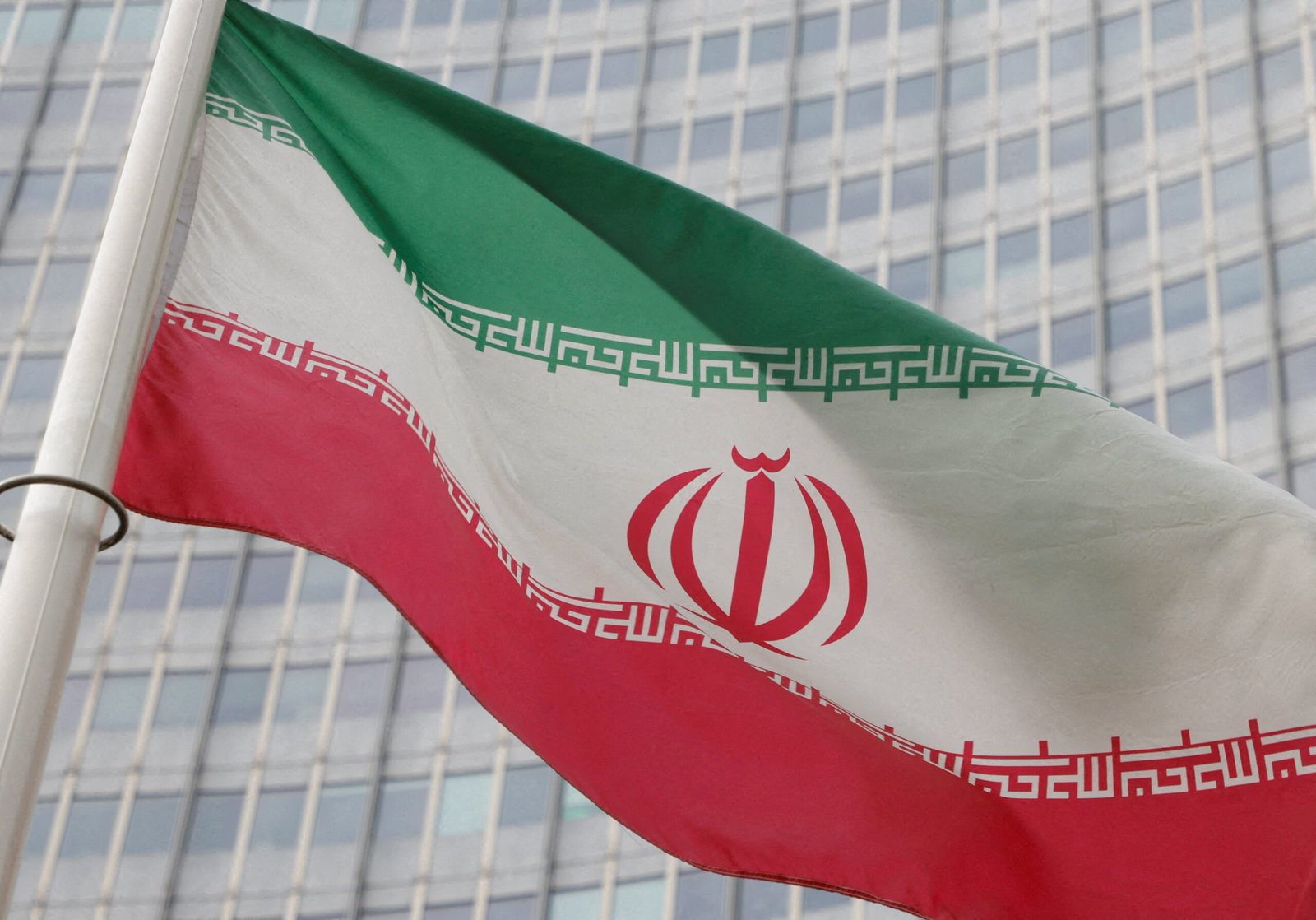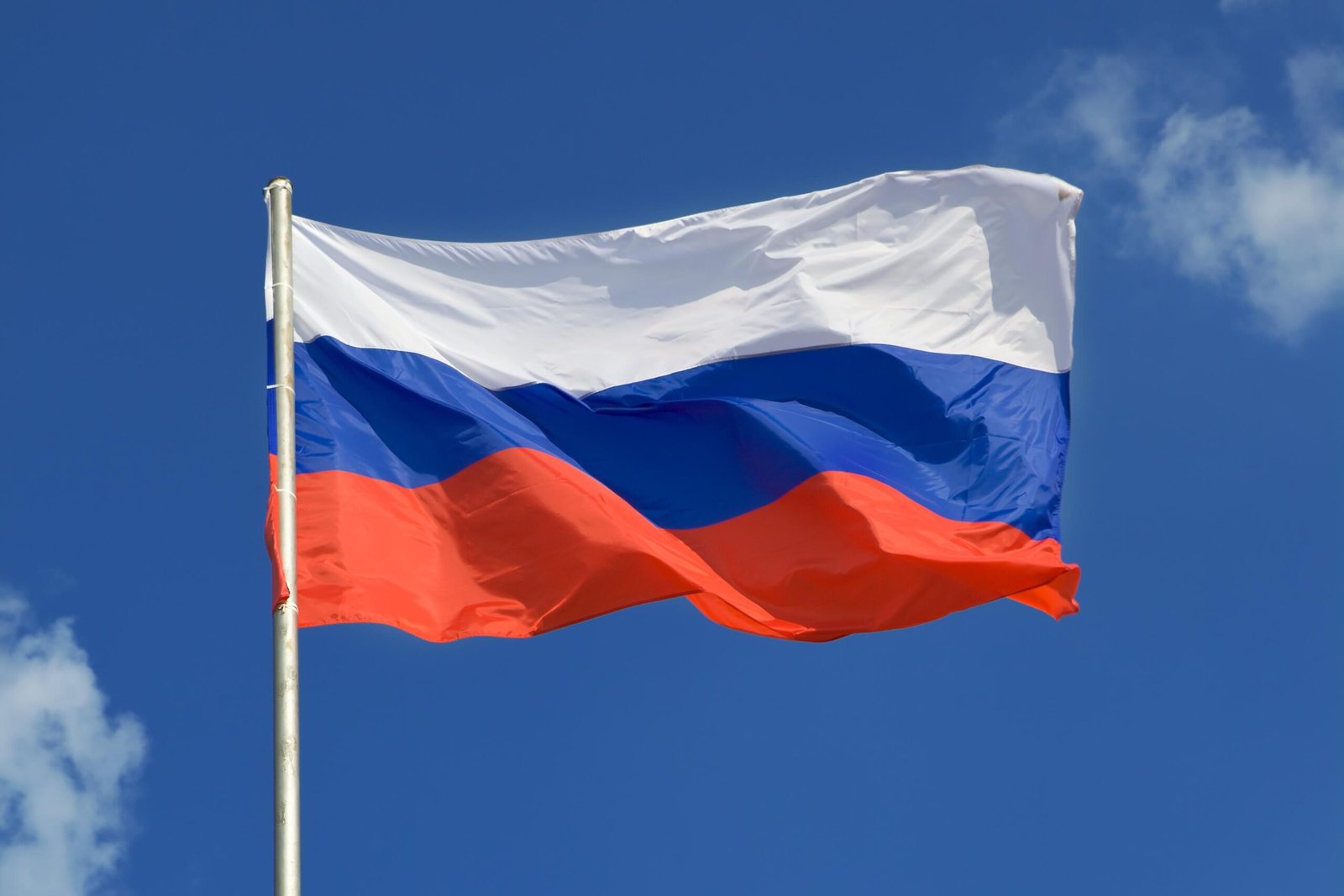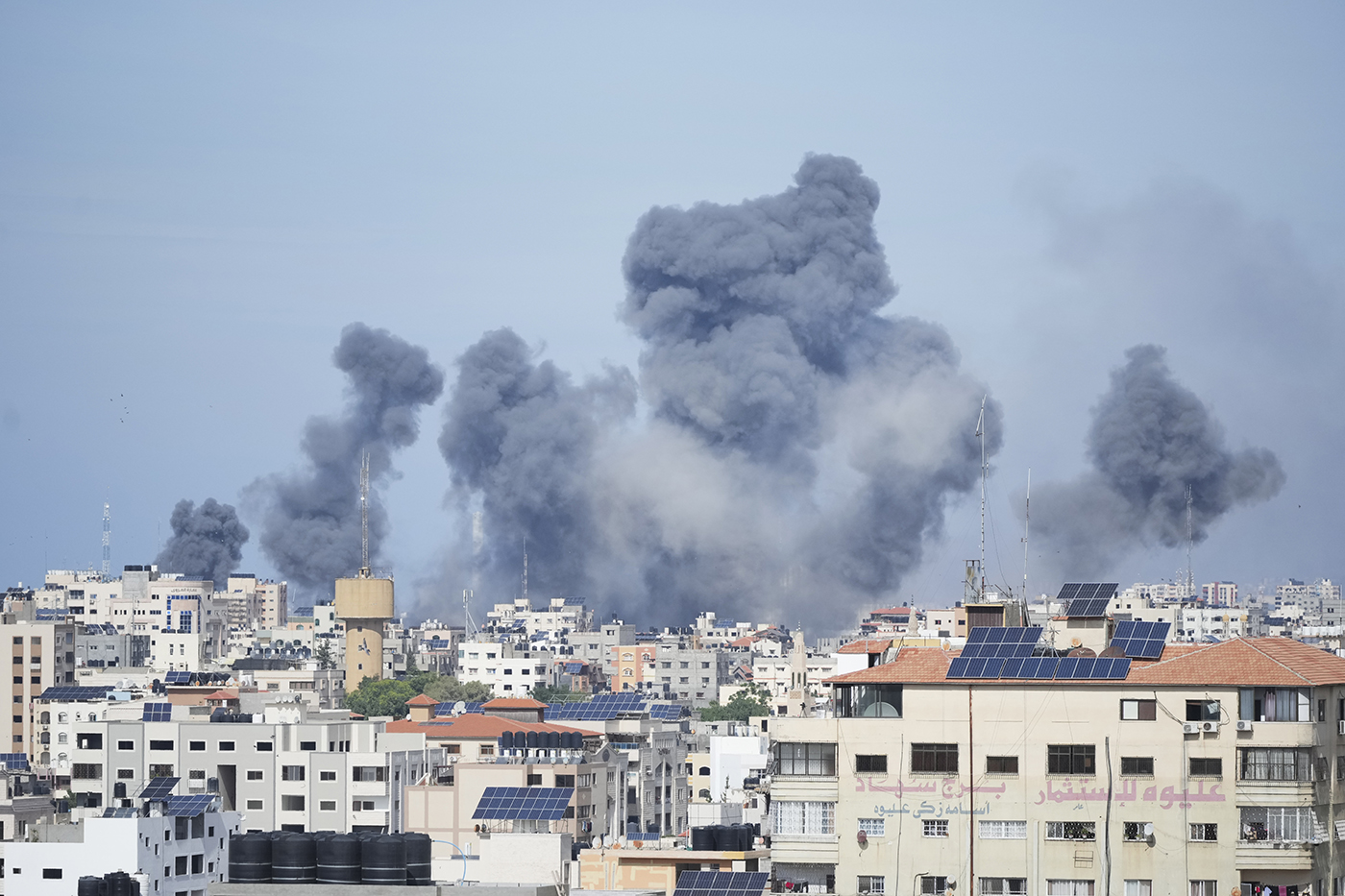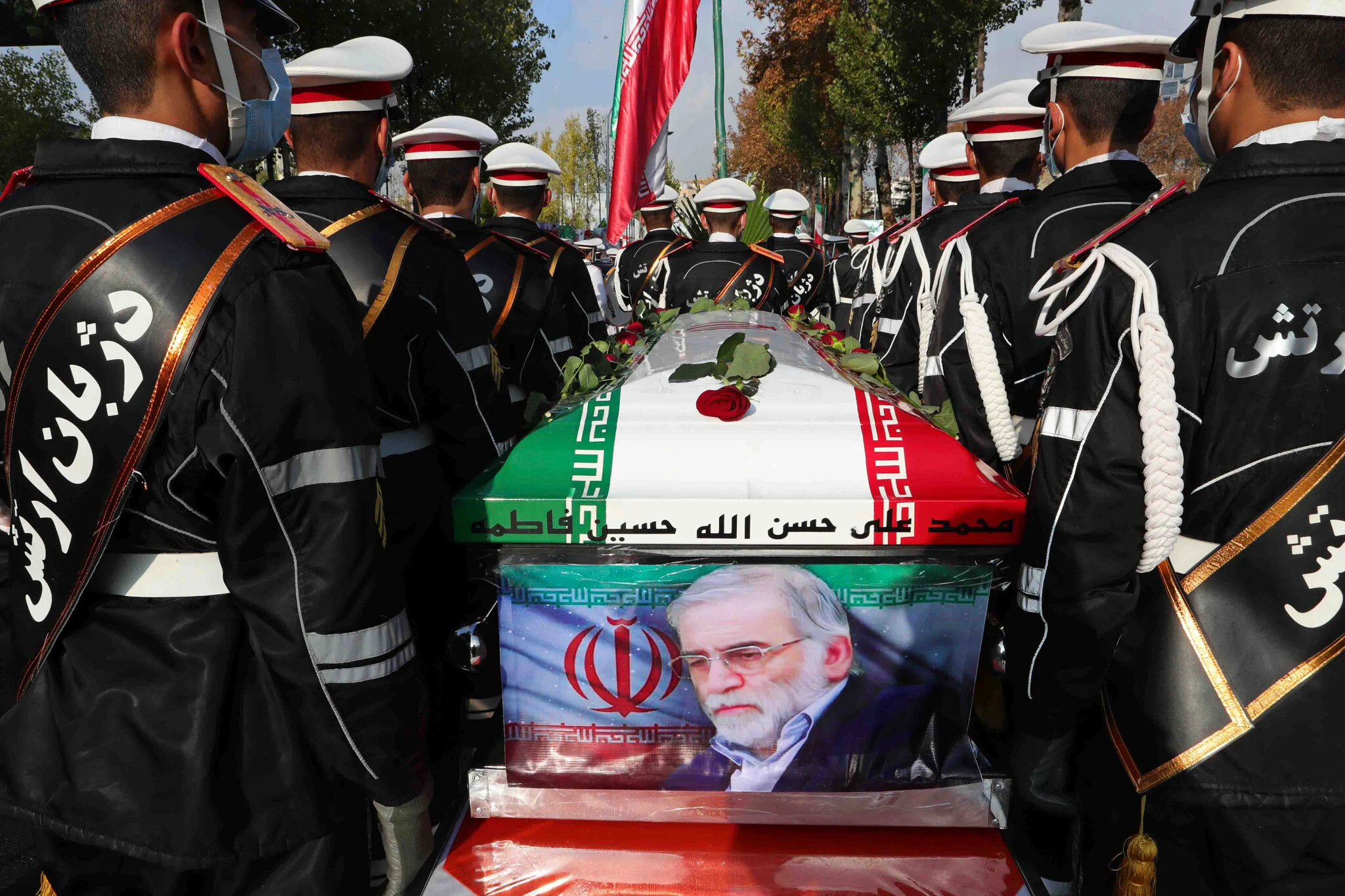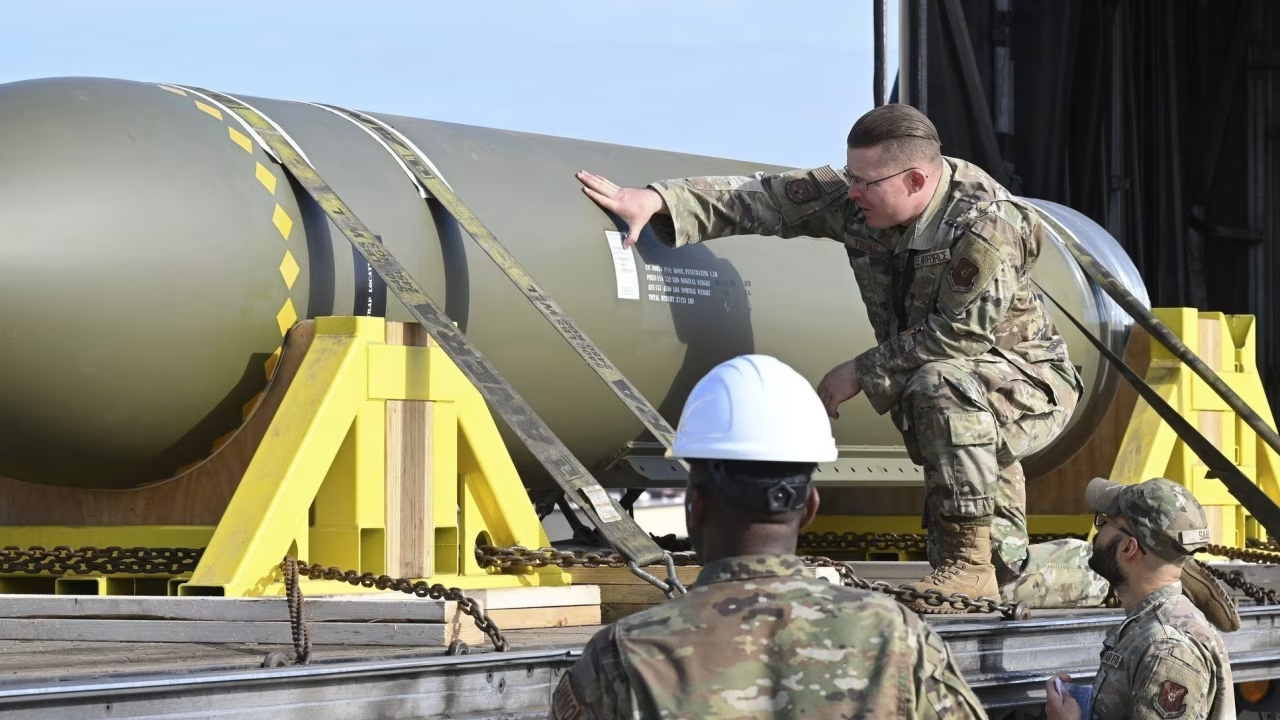Countries at the U.N.’s COP28 climate summit opening on Thursday hope to clinch an early deal on a new fund to pay for climate-caused damage, aiming to muster some political goodwill before talks turn to divisive topics including the future of fossil fuels.
As the 70,000 delegates expected to attend COP28 descend on the gleaming Emirati city of Dubai, governments are preparing for marathon negotiations on whether to agree, for the first time, to phase out the world’s use of CO2-emitting coal, oil and gas.
The burning of these fuels is the leading cause of climate change.
With finance also high on the meeting agenda, the United Arab Emirates’ COP28 presidency published a proposal on the eve of the summit for countries to adopt a new U.N. climate damage fund – raising hopes among some delegates that this could be among the first deals struck in Dubai.
The draft deal, which representatives from developed and developing countries painstakingly crafted during months-long negotiations this year, would launch a fund to help vulnerable nations cope with the cost of climate-driven damage from drought, floods and rising seas.
Some diplomats said they were hopeful it would pass without objections. “Opening these negotiations is like opening Pandora’s box. And that wouldn’t be useful for anyone,” one said.
Establishing the fund would pave the way for wealthy countries to put money into it – with leaders from Germany, Denmark, and the Netherlands expected to announce contributions early in the COP, European diplomats told Reuters.
The European Union has pledged a “substantial” contribution but wants countries whose economies have boomed in recent decades, like China and the UAE, to follow suit.
“Everyone with the ability to pay should contribute,” said E.U. Climate Commissioner Wopke Hoekstra, who said he wanted to “broaden the donor base beyond the usual suspects, simply because that reflects the reality of 2023.”
Adnan Amin, CEO of the COP28 summit, told Reuters this month the aim was to secure several hundred million U.S. dollars for the climate damage fund during the event. He said he was “hopeful” that the UAE would contribute.
A breakthrough on the climate damage fund – which poorer nations have demanded for years – could help grease the wheels for other compromises.
Still, heading into the summit, countries are split between European nations and climate-vulnerable states demanding an agreement to replace fossil fuels with clean energy in the coming decades. Oil and gas producers are seeking to preserve a role for traditional energy sources.



